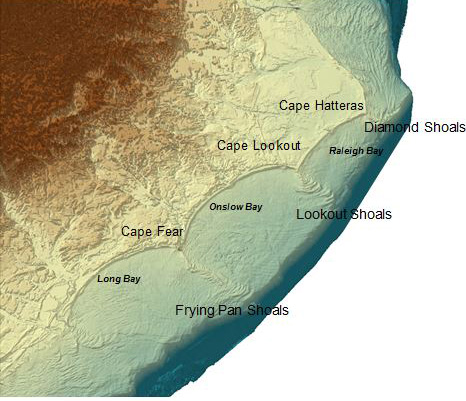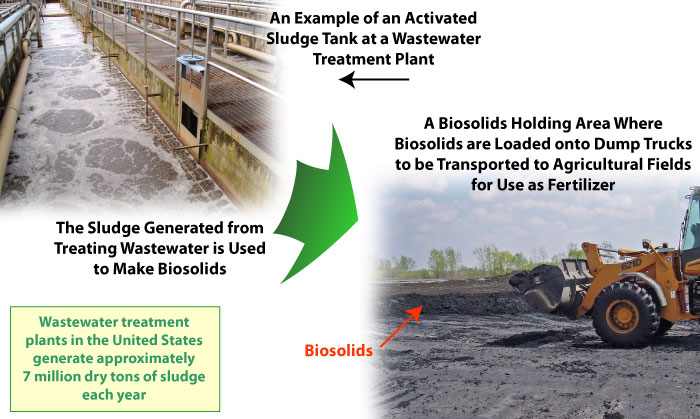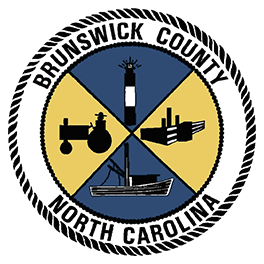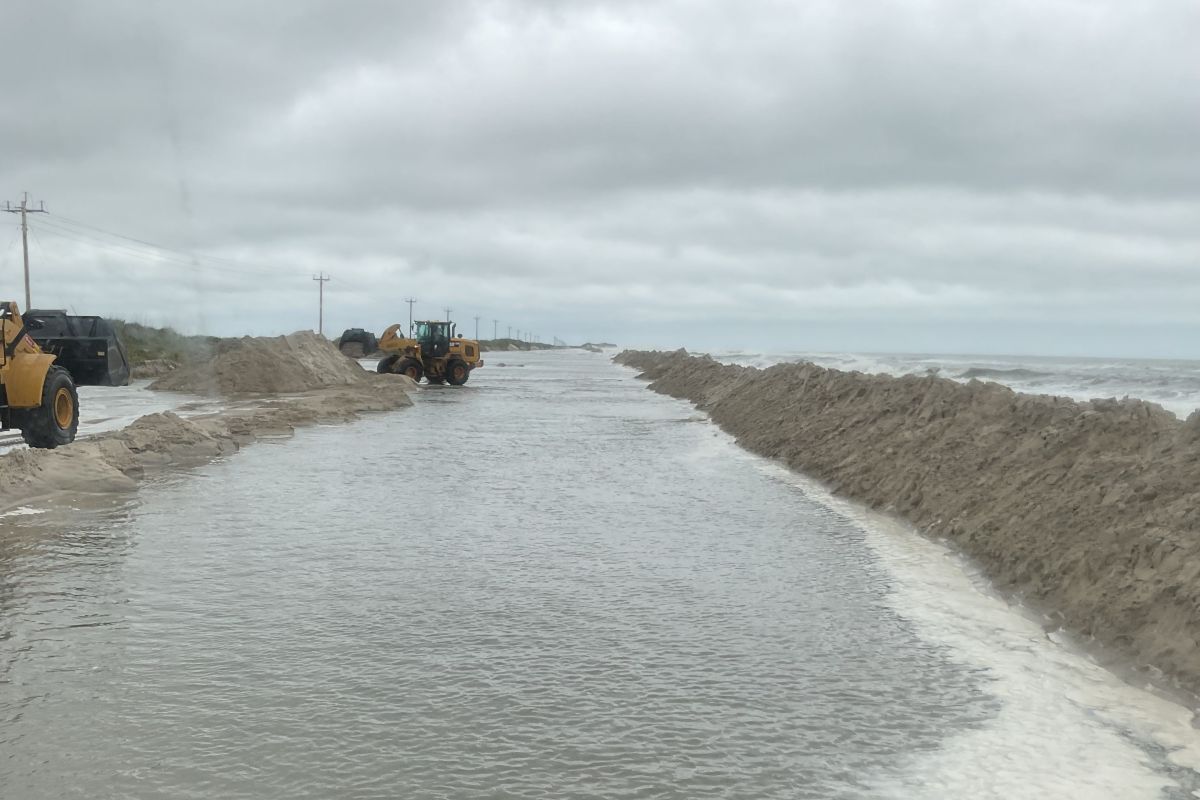Senate leaders hit the brakes last week on a fast-moving set of amendments to state environmental laws with several coastal-related provisions, including one that would for the first time target North Carolina’s three great capes as a sources of sand for beach re-nourishment.

On Thursday, Senate leaders stripped language out of a bill passed last year by the House and inserted 14 pages of changes to rules on solid waste, coastal management, water quality and stormwater-management practices.
Supporter Spotlight
The Senate Agriculture, Environment and Natural Resources Committee approved the bill on Thursday. The measure was headed for a floor vote, but it was withdrawn from the Senate calendar and sent to the Senate Finance Committee, which could meet as early as today to consider changes.
Among the coastal provisions is a move to allow cape shoals to be tapped as sources of sand for beach-fill projects and to exempt material from those areas from the sand-quality standards for re-nourishment and other projects. The provision applies to Frying Pan Shoals at Cape Fear, Lookout Shoals at Cape Lookout and Diamond Shoals at Cape Hatteras. The bill does not include specific coordinates for the new sand-mining areas.
Geoff Gisler, an attorney for the Southern Environmental Law Center, said the provision would create a significant exemption from the current rules and open for sand mining areas that include rocky material.
“The sedimentation criteria are in place to make sure we have quality sand going on the beach,” he said. “This would lessen the quality of what’s going on the beach.”
Gisler said another area of concern in the bill is a provision that reduces stream mitigation rules, eliminating the requirement for mitigation for losses of less than 300 feet of stream bed and subtracting the first 300 feet when computing mitigation requirements for projects that exceed the threshold.
Supporter Spotlight
Gisler said the small exemptions add up and the move will ultimately lead to loss of water quality and more heavily polluted streams.
Other coastal related provisions in the bill include a requirement that the Coastal Resources Commission temporarily adopt new sandbag rules it approved in May. The state’s Rules Review Commission recently declared the new rules invalid because the CRC failed to adopt them by a deadline set in last year’s budget bill. The rules must now go back through a public comment process to become permanent. The temporary rules would mirror those adopted in May.
Another provision in the bill would grant the United States Parks Service permission to pump standing stormwater on its facilities over the dunes and into the ocean. The provision’s sponsor, Sen. Bill Cook, R-Beaufort, said the park service needs to drain water from its Cape Point campground.
Among several studies in the bill is a mandate that the Division of Coastal Management and DEQ review long-term erosion rates near current and future terminal groins and whether any effects will require changes to areas of environmental concern identified in state-designated ocean hazard areas.







